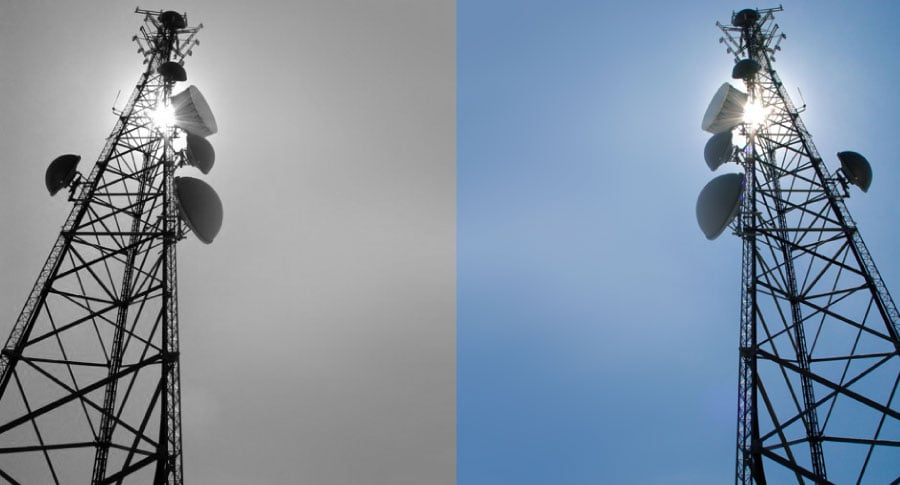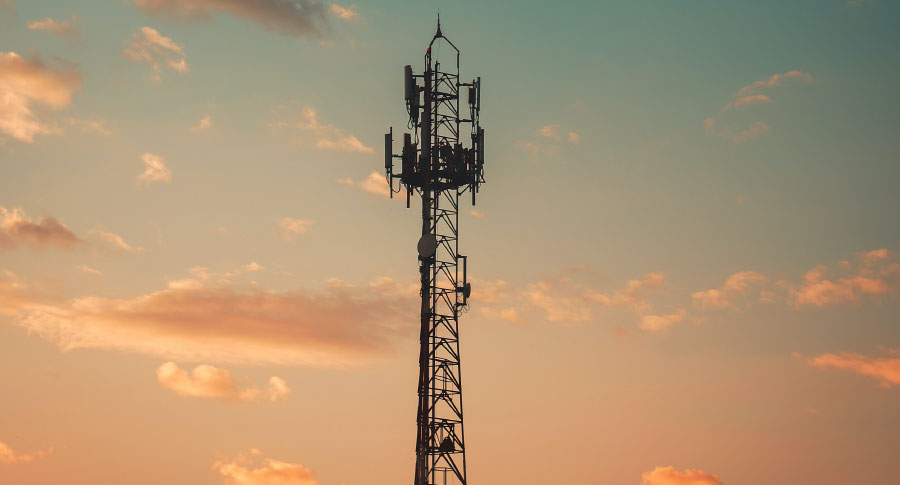Guest Blog by James Johnson (byline at end of article)
In February 1896, Guglielmo Marconi developed the path for operational wireless technology. It all started with the existence of electromagnetic waves predicted by James C. Maxwell in 1860. By 1888, the existence of electromagnetic waves was experimentally proven by Heinrich R. Hertz.
The first experiment was held with a spark-gap transmitter with a receiver 2.4 km away, and it was successful. In the early days, wireless communication was advanced for military use only after various wireless technologies were developed and improved. These technologies were later expanded to broadcasting. With the rise of technological firms, radio broadcasting started in the first half of the 20th century. TV broadcasting was initiated in the second half of the same century.
Topics: Technology, wireless, communications, history
2019 was the year that 5G cellular networks started to appear. By the end of 2020, 5G was present in around 100 U.S. cities. But presence hasn’t necessarily translated to the same levels of coverage and performance 4G networks currently offer. Coverage in both urban and non-urban areas is just over 30% with some carriers.
Topics: Technology, wireless, 5G, 4G, cellular
If you’ve ever returned a high-ticket item like a TV or video game console, the seller may have charged you a restocking fee. According to Consumer Reports, restocking fees typically represent 15% to 20% of the item’s original purchase price. However, some companies may charge more or less depending upon individual policies.
Topics: wireless, restocking fees
From conspiracy theories to the possibility of self-driving cars, 5G continues to inspire both controversy and intrigue. While many major U.S. carriers are promoting 5G networks, this doesn’t mean that 4G networks have been or are going to be completely replaced soon. While 5G can deliver faster speeds, fewer delays, and higher capacities, these networks will continue to rely on and run alongside 4G LTE technology.
Topics: smartphone, wireless, 5G, mobile, 4G
Guest Blog: Why Cybersecurity Needs to Evolve Along w/ Wireless Technology
Guest Blog by Gloria Thomas (byline at end of article)
Cybersecurity has been a major point of emphasis in the modern world for quite a long time now. As we’ve grown more dependent on technology, we’ve also become more aware of the need for strong digital protection.
Topics: Technology, security, wireless, cybersecurity
Which Unlimited Data Plan is Best: Prepaid or Contract?
Most wireless carriers offer multiple unlimited plans, making it difficult to determine which one is the best for your needs. Even prepaid and contract-based unlimited plans are becoming more difficult to distinguish. It’s easy for unlimited plans to look the same between carriers and within an individual wireless provider’s offers.
Tablets share similarities with laptops, desktops, and smartphones. The first release of the iPad in 2010 created initial excitement, but that enthusiasm has waned as smartphone screens have become larger and 2-in-1 laptops have gained ground.
Topics: tablets, wireless, remote learning
The sticker prices of modern flagship smartphones may be shocking, but when we take a look back at the history of cell phones’ retail prices, it reveals today’s costs may not be entirely out of line. When new or advanced technology is introduced, higher prices often compensate for the efforts and costs that went into developing that technology. Like the cell phones that were first introduced in the early 1980s, modern flagship phones integrate new technology to expand what a cell phone can accomplish.
Topics: cell phones, smartphone, wireless, price
3 Reasons Why Unlimited Data Plans May Not Be Truly Unlimited
The meaning of unlimited data can be confusing for cellular subscribers since you’re not always able to use high-speed unlimited data. Even though a plan may use the term “unlimited,” there could be restrictions related to speed, amount of use, video streaming quality, and hotspot data. The scope of what’s included in “unlimited” plans can vary widely between carriers, especially when cost and value are taken into account.
Are 30-Month Contracts the Answer to High Smartphone Prices?
CNBC reports that American smartphone owners are hanging on to their phones for longer. In 2016, the average time users kept their phones was 22.7 months. As of 2018, the average was up to 24.7 months. Some of the top reasons why we’re becoming more reluctant to upgrade our smartphones as often include:
- Rising Costs
- Too few technical advancements or significant changes between models
- Phones are more durable and are lasting longer
With average smartphone prices up 52% in the last three years and with high-end models now $1,000 or more, consumers are finding it less affordable to upgrade. They also want to get the most use out of a more expensive phone. One of the ways that wireless carriers are helping to make the cost more affordable is by extending average contract lengths.
Topics: smartphone, wireless, mobile, contract










